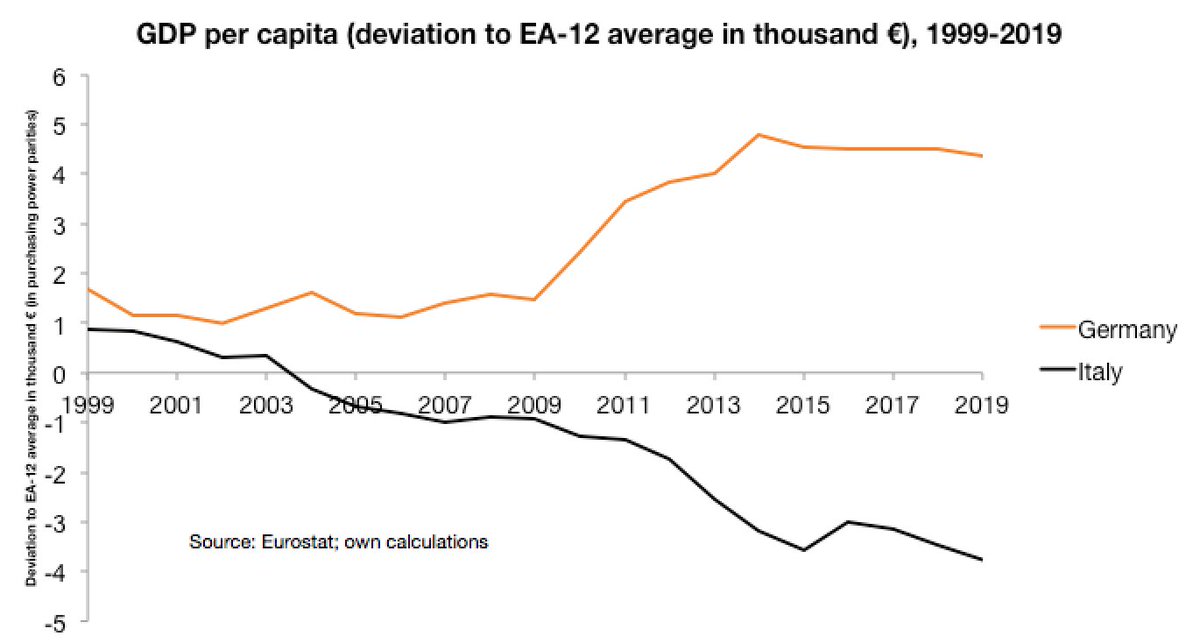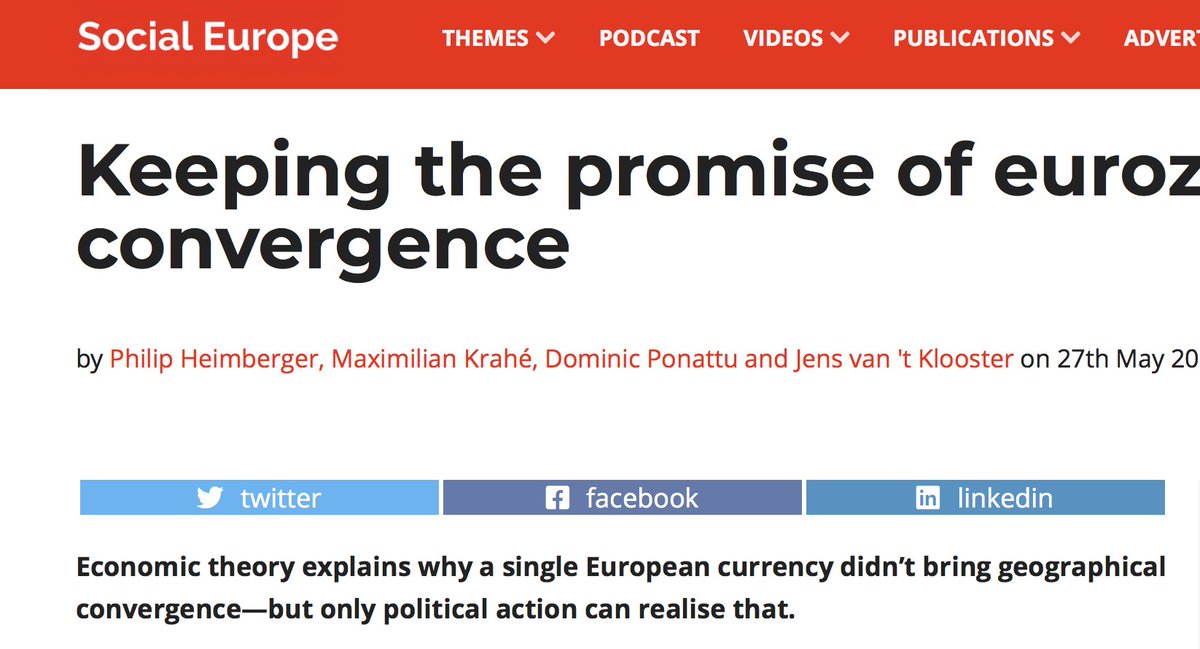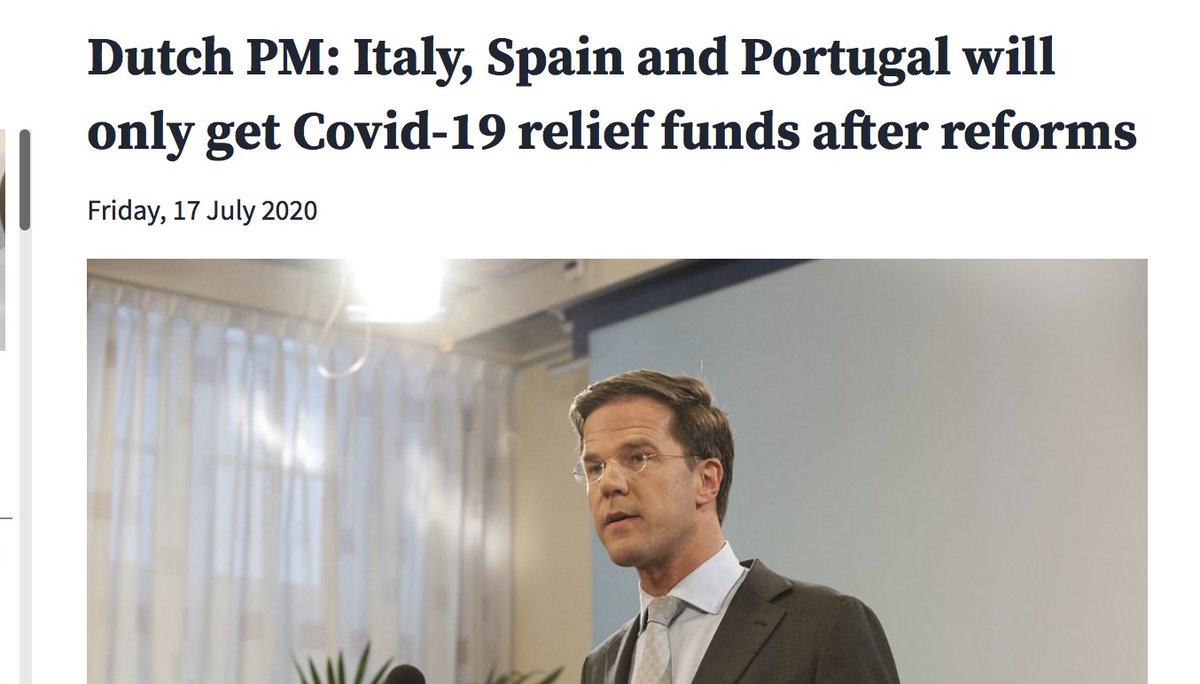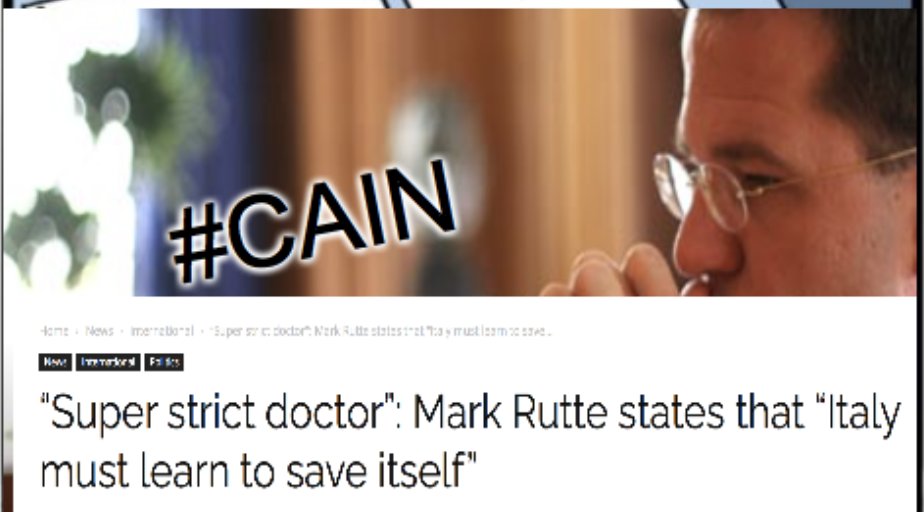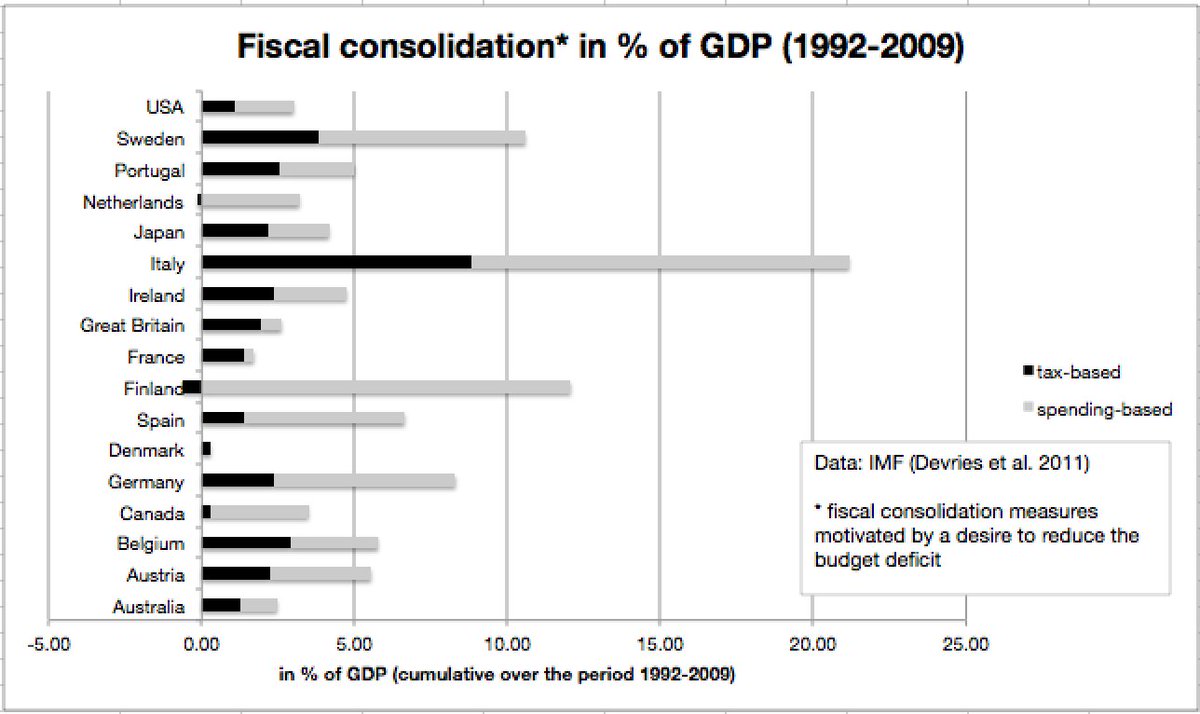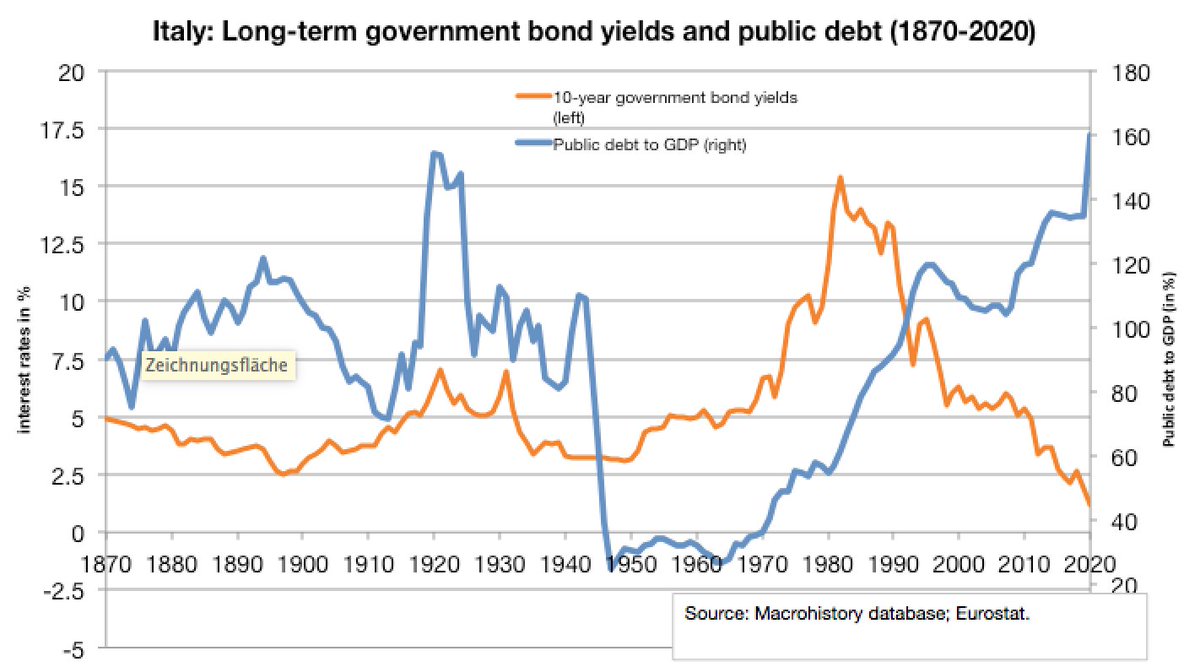
Ho recentemente lanciato un'iniziativa su twitter, la Campagna contro le sciocchezze sull'Italia (#CAIN). Finora ho twittato in inglese, ma ora cercherò di renderla disponibile anche in italiano. Questo thread spiega perché penso che questa iniziativa sia necessaria /1 

ll modo in cui giornalisti e politici scrivono e parlano dell'Italia e del Sud Europa è spesso distorto - specialmente nell'opinione pubblica "frugale". L'Italia non è il caso disperato dell'immaginario popolare. Il modo in cui si parla delle cose conta molto. /2 

Questo è stato evidente nelle prime fasi della crisi COVID, quando i leader "frugali" hanno usato immagini distorte del Sud Europa per ridimensionare le sovvenzioni del recovery fund dell'UE. /3 
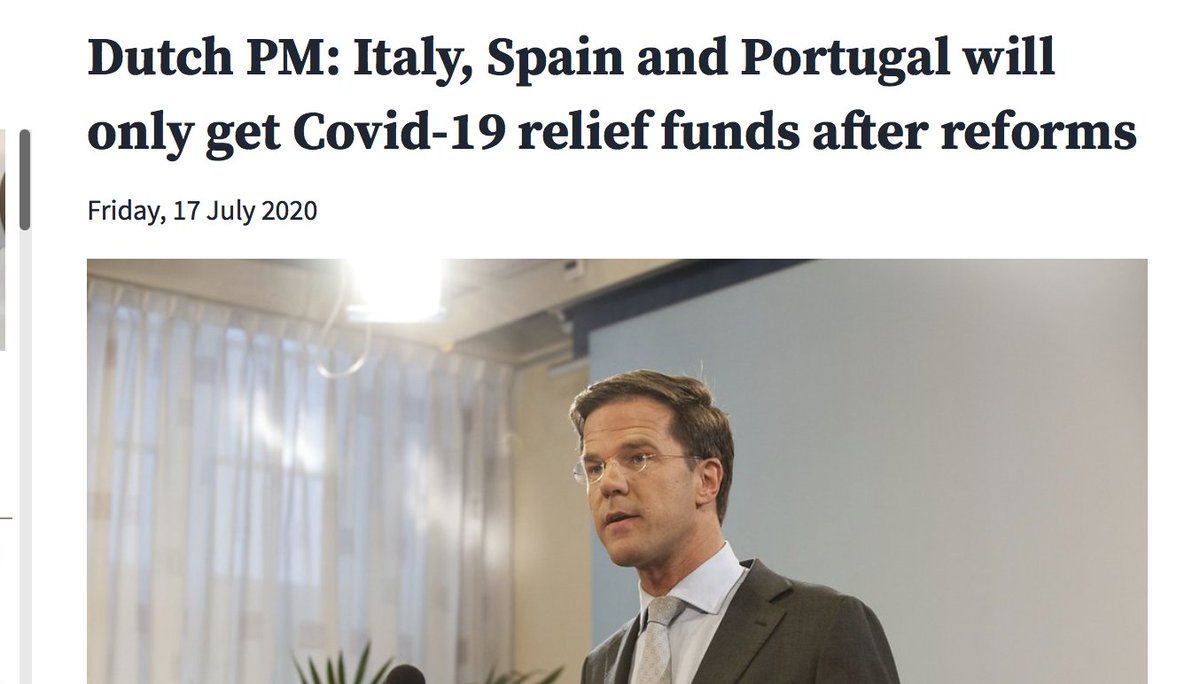
Quando i "frugali" agiscono come "maestri" dell'Italia contribuiscono alle tensioni politiche. La fiducia tra i politici del Nord e del Sud Europa si è già deteriorata durante la crisi dell'euro. Dobbiamo migliorare le relazioni e costruire il consenso per la ripresa. /4 

Ci sono dibattiti sulla formazione di un nuovo governo (Draghi come primo ministro?) e sulla spesa dei soldi della Next Generation EU. In questo contesto, leggo regolarmente commenti che non guardano al quadro delle politiche macro in modo differenziato. /5 

L'Italia ha sicuramente anche problemi strutturali propri, che dovrebbero essere affrontati - quale paese non li ha? Ma se gli altri partner non smettono di trattare l'Italia come un caso disperato, anche loro perderanno molto. /6
Vengo dall'Austria, un paese il cui governo è orgoglioso di appartenere al campo dei "frugali". Il discorso politico sull'Italia e sulla politica economica europea è molto - diciamo - limitato qui. Mi sento in dovere di contribuire almeno un po' a migliorarlo. /7 

L'Italia è un paese grande e sistematicamente importante. Se l'Italia dovesse lasciare l'eurozona, ci sarebbero effetti a catena sui mercati finanziari e conseguenze negative per tutti. L'Italia dovrebbe essere in grado di rimanere in un'eurozona riformata. /8 

La mia esperienza è che i fatti di base sull'Italia e altri paesi dell'Europa meridionale sono spesso sconosciuti in Germania ecc. So che una piccola campagna su Twitter non cambierà il mondo, ma penso che valga la pena raggiungere persone di mentalità aperta e ragionevole. /9 

So che non avete bisogno di qualcuno dall'Austria che vi faccia la morale. Non è questa la mia intenzione! Lo sto facendo in italiano come omaggio al vostro paese, e perché mi è stato detto da alcuni che potrebbe essere utile rendere questa raccolta disponibile in italiano #CAIN
Il mio italiano è scarso, grazie a @ilbuscemi per l'aiuto nella traduzione!
grazie anche a @nicola_doppio che ha aiutato molto!
Pubblicherò ulteriore materiale in italiano nei prossimi giorni. Spero che sia utile. #CAIN
• • •
Missing some Tweet in this thread? You can try to
force a refresh








